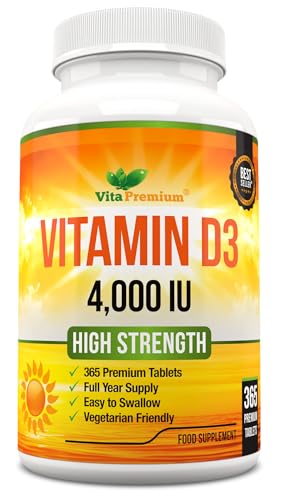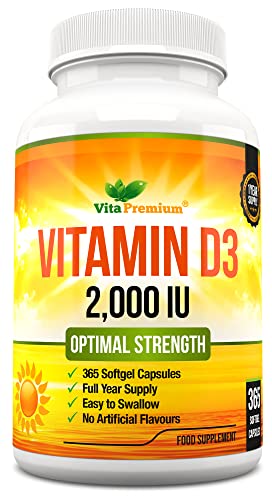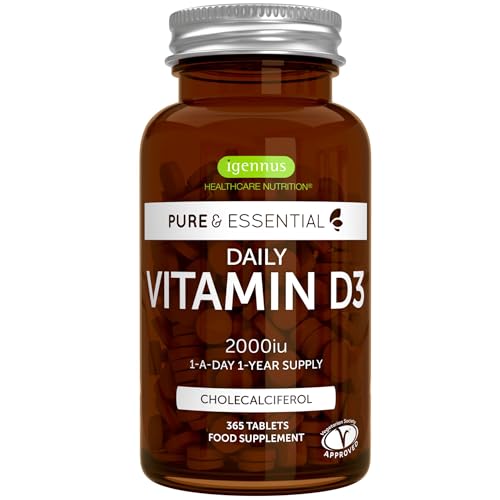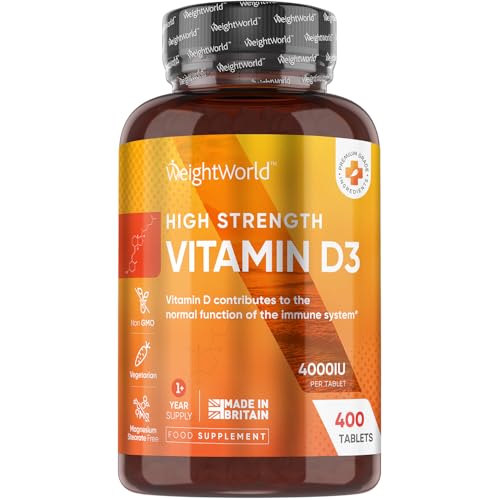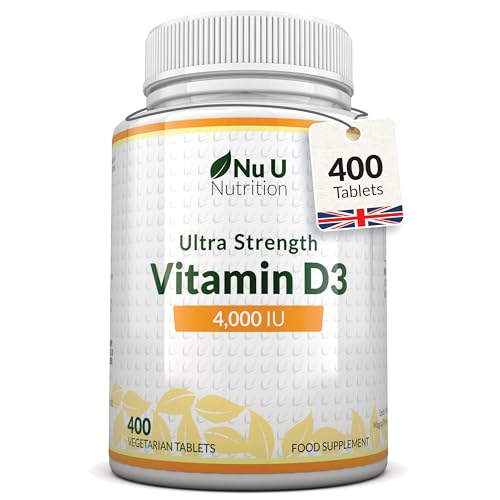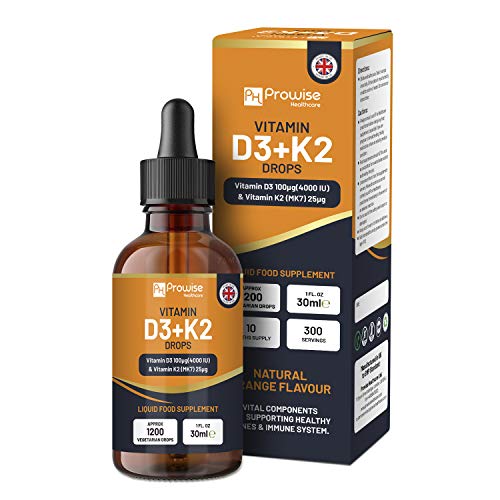Understanding Vitamin D3: What It Is and Why We Need It
What is Vitamin D3?
Vitamin D3, also known as cholecalciferol, is a fat-soluble vitamin that plays a crucial role in maintaining our overall health. It is produced in our skin in response to sunlight and can be found in certain foods and supplements. Our bodies need Vitamin D3 to absorb calcium and phosphorus, essential minerals for strong bones and teeth.
Why Do We Need It?
We all need Vitamin D3 for several important reasons. First and foremost, it is vital for bone health. Without sufficient Vitamin D3, our bodies cannot absorb calcium well, which can lead to weak bones and a greater risk of fractures. Moreover, Vitamin D3 supports our immune system, helping us fend off illnesses and infections. It also plays a role in maintaining muscle strength, mood regulation, and overall well-being.
The Benefits of Vitamin D3 for Overall Health
Bone Health Support
Vitamin D3 is instrumental in promoting bone health by helping to regulate calcium in our bodies. This is particularly important for children, who are developing their bones, and for older adults, who may be at greater risk of osteoporosis. Adequate levels of Vitamin D3 contribute to stronger bones, reducing the likelihood of fractures.
Boosting Immunity
Adequate Vitamin D3 levels are linked to a stronger immune response. When our bodies are well-supplied with this vitamin, we are better equipped to combat infections like the flu and common colds. This is particularly essential during the winter months when sunlight exposure, and consequently Vitamin D3 production, is limited.
Improved Mood and Mental Health
Research suggests that Vitamin D3 plays a role in mood regulation and may help alleviate symptoms of depression. Regular intake of Vitamin D3 can lead to better emotional resilience and enhance an overall sense of well-being. This is especially important in maintaining mental health throughout different life stages.
Choosing the Right Vitamin D3 Supplement: What to Look For
Types of Vitamin D3 Supplements
When selecting a Vitamin D3 supplement, it’s essential to understand the different forms available. You can find Vitamin D3 in capsules, gummies, and liquid form. Each has its benefits, such as ease of swallowing or taste appeal in the case of gummies.
Checking Dosage and Ingredients
It is essential to look for a supplement that provides an appropriate dosage of Vitamin D3. The recommended daily intake varies based on age, gender, and other factors, so checking labels is crucial. Additionally, we should be mindful of any unnecessary additives or fillers, opting for products with minimal and natural ingredients.
Sourcing Quality Products
Choosing a high-quality Vitamin D3 supplement involves checking for reputable brands that adhere to good manufacturing practices. Researching customer reviews can offer insight into the effectiveness and reliability of the product.
How to Incorporate Vitamin D3 into Your Daily Routine
Timing Your Supplement Intake
To ensure maximum benefits, we can incorporate our Vitamin D3 supplement into our daily routine. Taking it with a meal can enhance its absorption, as Vitamin D3 is fat-soluble. Consider taking it during breakfast or lunch, when you are likely to consume a source of fats.
Pairing with Dietary Sources
While supplements can help, integrating food sources of Vitamin D3 into our diet is also beneficial. Foods like fatty fish, egg yolks, and fortified dairy products are excellent options. Including these foods in meals not only boosts our Vitamin D3 levels but also contributes to overall nutrition.
Maximising Absorption: Tips for Getting the Most Out of Your Vitamin D3
Sunlight Exposure
One of the best natural sources of Vitamin D3 comes from sunlight. Spending time outdoors, especially during sunny days, helps our bodies produce Vitamin D3 naturally. Aiming for around 15-30 minutes of sun exposure a few times per week can significantly contribute to our Vitamin D3 levels.
Combining with Other Nutrients
To enhance the absorption of Vitamin D3, we should consider pairing it with other nutrients. For instance, magnesium plays a vital role in activating Vitamin D3 in the body. Incorporating magnesium-rich foods like nuts, seeds, and leafy greens alongside our Vitamin D3 supplement can be beneficial.
Regular Monitoring
Finally, we recommend regular monitoring of our Vitamin D3 levels through blood tests, especially if we are at risk of deficiency. This will help us adjust our intake and maintain optimal levels, ensuring all the benefits of this essential vitamin are realised.

